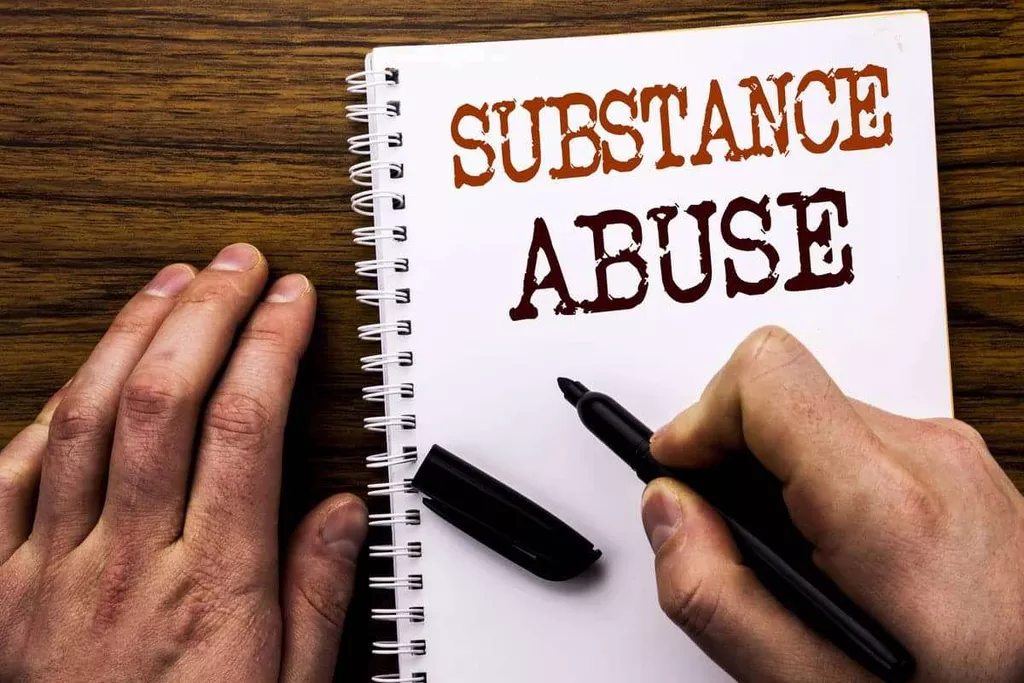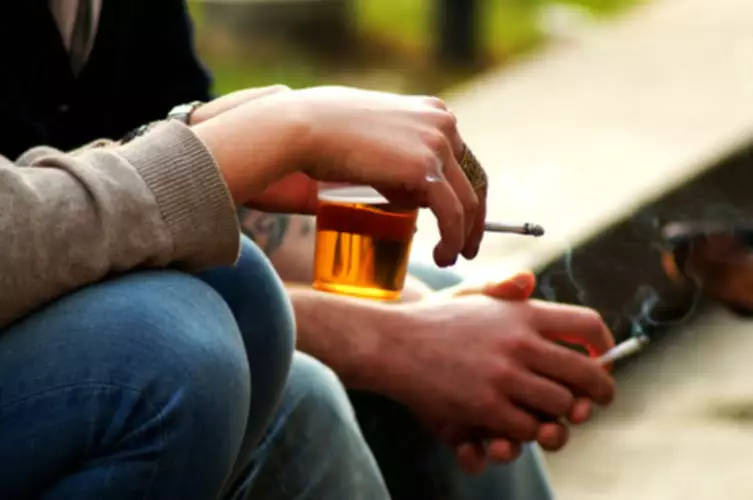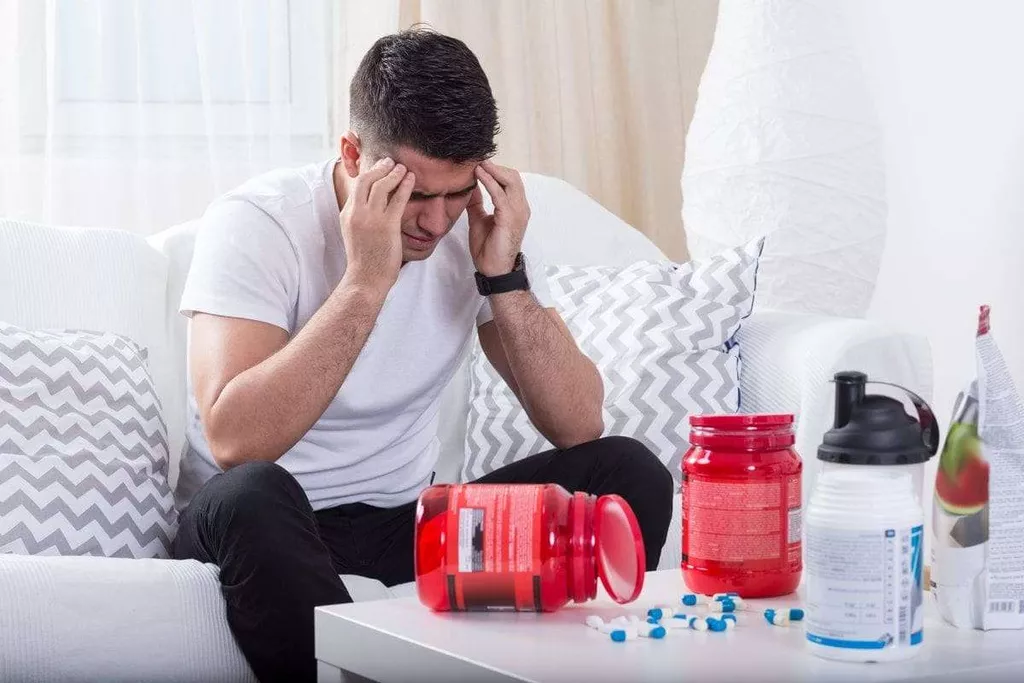8 Ways Drinking Alcohol Could Give You Anxiety

They are unable to stay away from alcohol completely, despite having very good reasons to do so. It has been medically proven that those that suffer from an alcohol use disorder metabolise and react to alcohol very differently from others. Whether these methods will work for you will entirely depend on whether you have the ability to control your alcohol intake. Not only that but also depend on whether you still have the ability to control when and where you drink.
- And then there are times we drink to self-medicate more serious mental health issues like anxiety and depression.
- Alcohol “works” by stimulating neurons in the “pleasure center” of our brains, which releases dopamine (that happy feeling).
- These effects contribute to day-after dread, even if you don’t have an anxiety disorder diagnosis.
- Discover how to turn to help for opioid addiction and embrace a brighter, healthier future with support.
I Dreamed About Using Drugs: What Does That Mean?

Since binge drinking occurs in spurts involving periods of abstinence, it is easier to rationalize, often lulling people into a false sense of security. However, even if you’re drinking less than this in one session, if your binge drinking is having unwanted consequences in your life, it may be time to reassess your drinking habits. Setting achievable goals is a great way to practice accountability and create lasting change. Align your goals to what you’d like to achieve with regards to your relationship with alcohol and your image of your ideal self. Monument treatment plans connect you with licensed physicians and therapists who can help you set goals based on your needs and preferences. Our next tip is an example of an achievable and attainable goal you can set to break free of binge drinking patterns.
- Teens who drink are also more likely to struggle with school, use other risky substances, or experience alcohol poisoning.
- By recognizing your drinking patterns, you can begin to take the necessary steps to stop binge drinking and start making behavioral changes that promote a healthier relationship with alcohol.
- Encouraging abstinence or a reduction in alcohol use and fostering engagement in counseling and support groups are typical short-term goals of treatment.
- I’ve spent the last seven years researching and understanding alcoholism, addiction, and how people get sober.
- Be mindful of how often you engage in activities that could involve alcohol, such as local trivia nights or sports events.
Binge drinking and risky behavior

Discover good news for treating opioid dependence with new therapies, support systems, and compassionate care. Explore the facts about drinking and pregnancy to empower moms-to-be with informed choices and safe alternatives. Discover “I loved getting high – what is alcoholism why did I change?” and embrace a transformative journey toward growth.
How to Create a Personalized Self-Care Plan After Detox
Opening up about your challenges helps you stay committed to your goals and receive valuable encouragement. This accountability can be helpful if you find you cannot change this behavior alone. Certain personality traits can predispose individuals to binge drinking. Impulsiveness, for instance, can lead to spontaneous decisions to drink excessively without considering the consequences.

Recognizing the Need for Change
You might try cutting back on your drinking but find that you suffer headaches, fatigue, anxiety, or irritability on the days when you don’t drink. When you hear the term “binge drinking,” you may picture underage drinking at high school or wild college parties. Some research even shows that the habit is increasing among older adults. If you want to stop binge drinking, make temporary changes to your environment, or implement permanent alternatives to activities that involve drinking in order to distance yourself from alcohol.

Individuals may turn to alcohol as a form of self-medication to temporarily alleviate symptoms. However, this can exacerbate mental health challenges and lead to a cycle of dependence. Binge drinking is influenced by various factors, how to stop binge drinking including social pressure and the desire to fit in with peers. These factors can lead individuals to consume excessive amounts of alcohol in a short period, driven by the need to conform to social norms.
Accountability and Practical Support

Calculating your alcohol consumption sheds light on patterns of when and how often you choose to drink. It can also be helpful to set goals with your therapist, and create a plan for achieving your goals. Naltrexone is a prescription medication that essentially prevents alcohol from feeling as good as it normally would. In more scientific terms, it blocks the endorphin receptors that alcohol would otherwise bind to. Over time, this makes binge drinking a less pleasurable experience, reducing your desire to do it. If you want to reduce the amount of alcohol you drink, stop binge drinking and regain control of your alcohol use but find you cannot, there is likely to be a very good reason for this.




دیدگاهتان را بنویسید
برای نوشتن دیدگاه باید وارد بشوید.